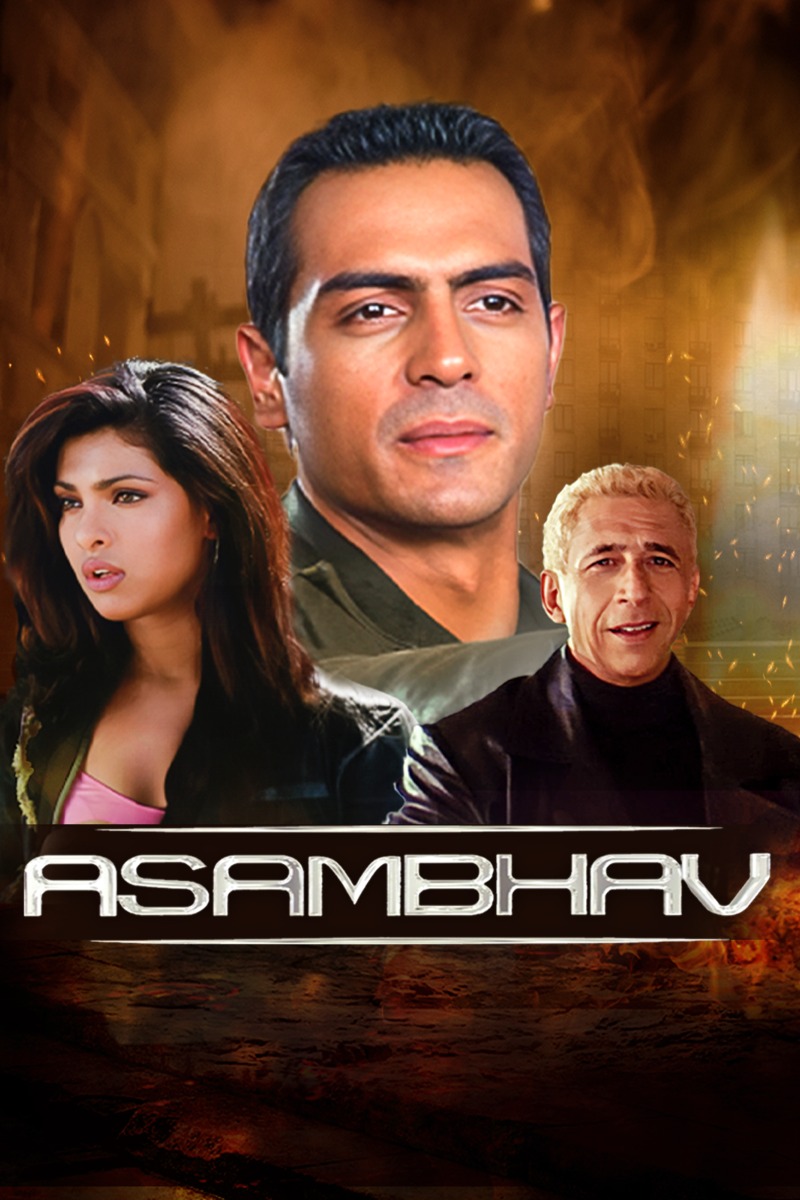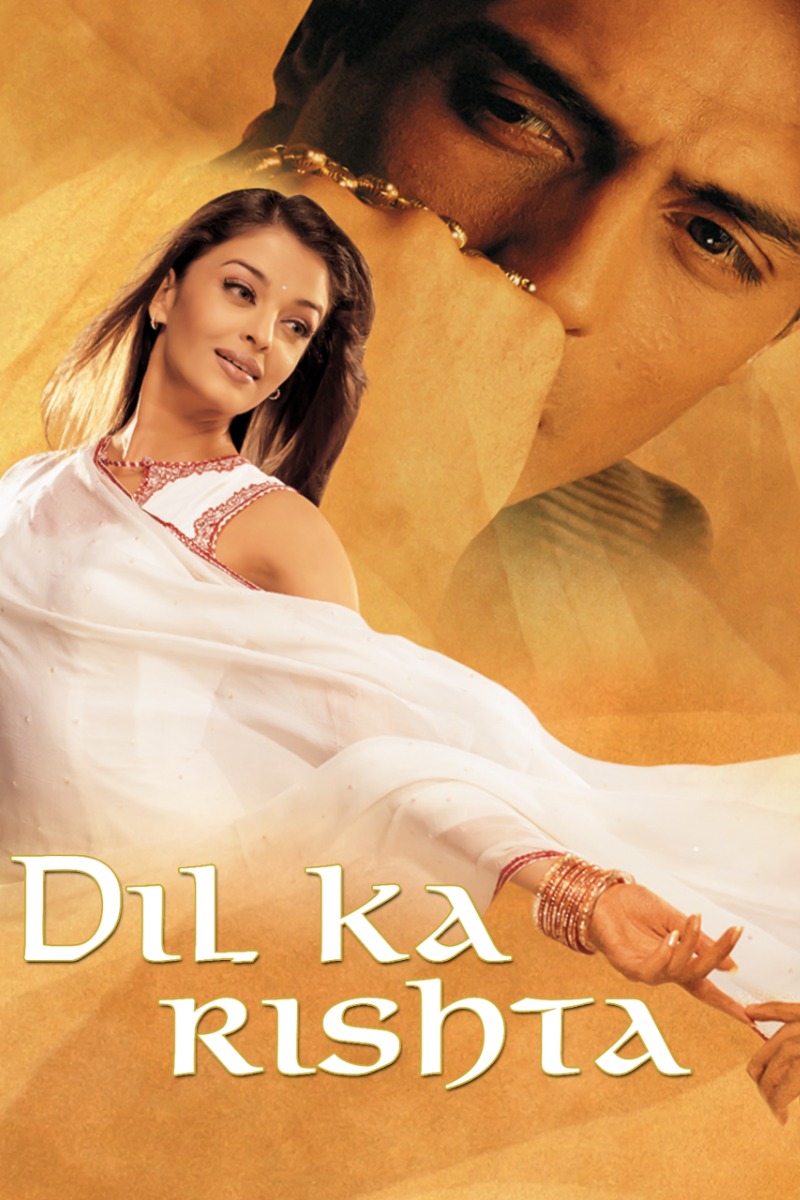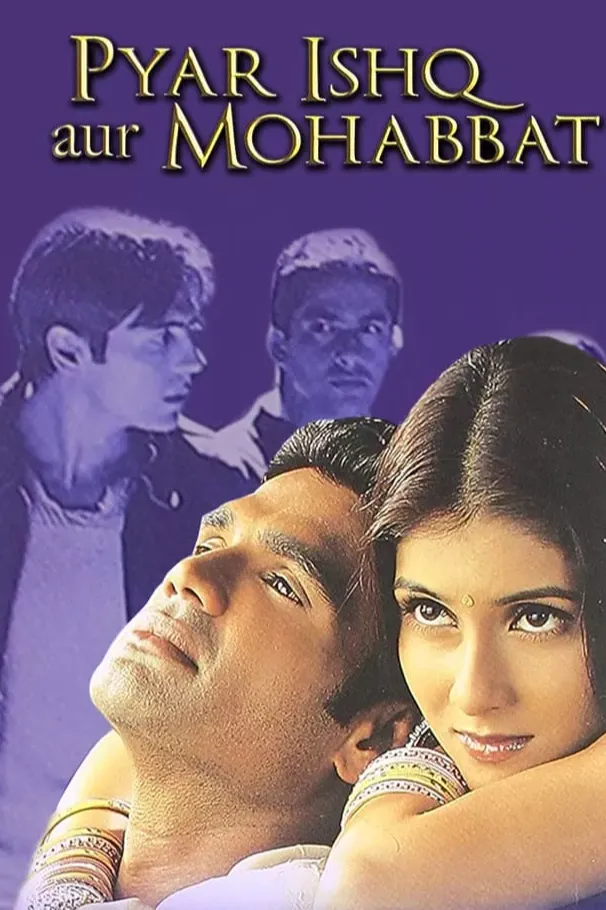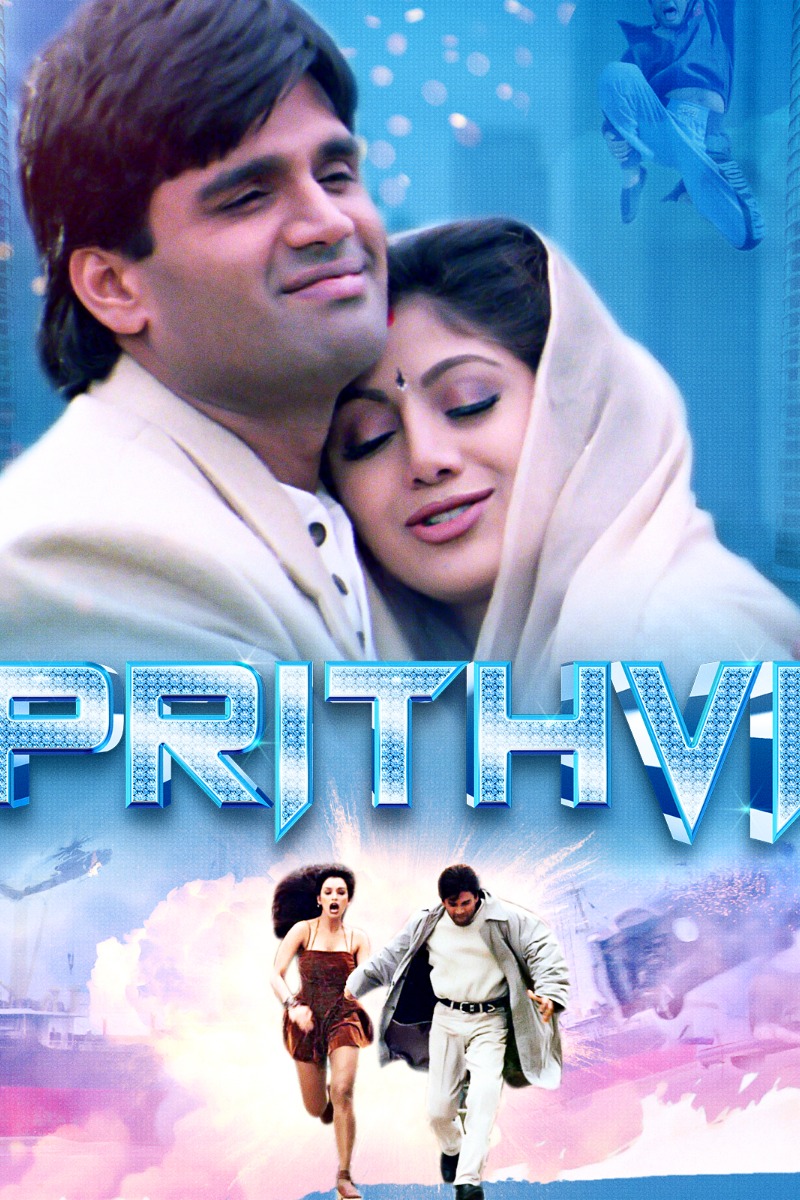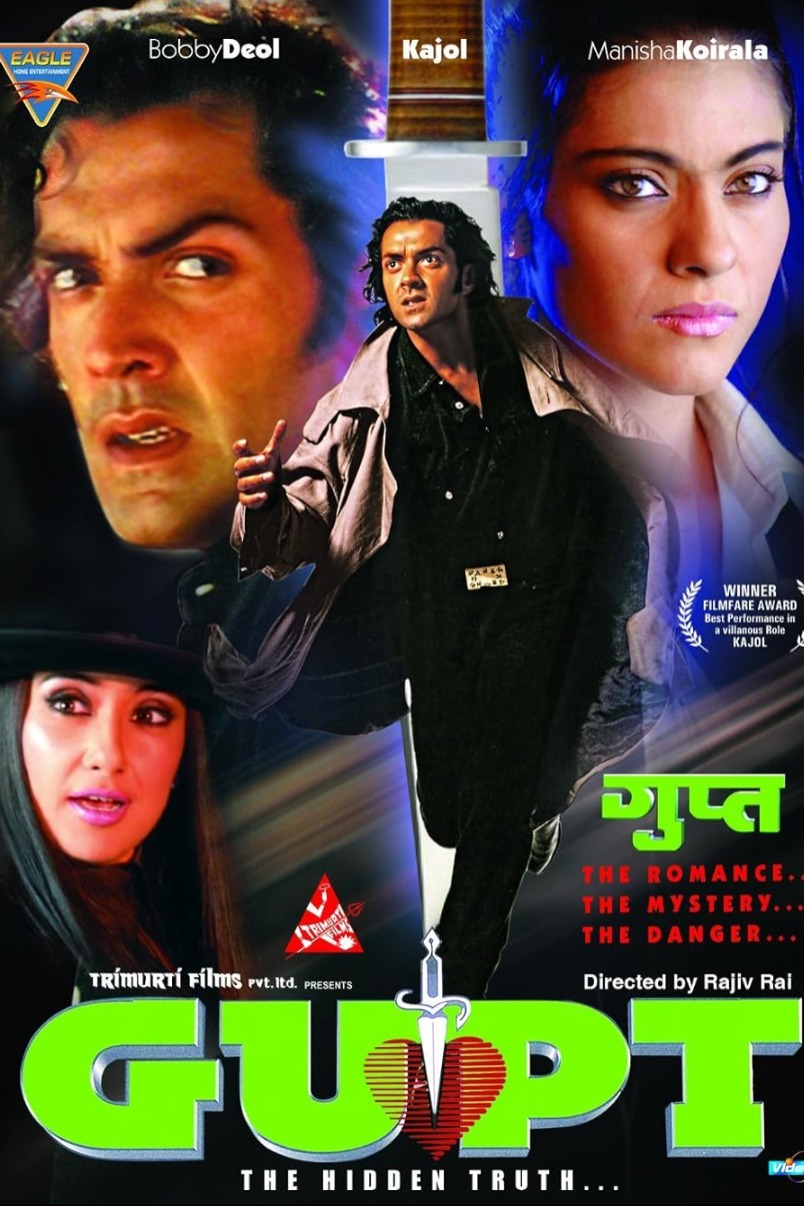Viju Shah
Biography
Viju Shah, born Vijay Shah on June 5, 1959, is a prominent Indian music composer in the Hindi film industry, renowned for his distinct electronic and synth-heavy sound that dominated Bollywood in the 1990s. As the son of Kalyanji Virji Shah, one half of the legendary composer duo Kalyanji-Anandji, Viju inherited a rich musical lineage but carved his niche with a pioneering approach to film scoring.
Early Life and Musical Roots
Growing up in a household steeped in music, Viju Shah was exposed to the intricacies of composition from a young age. His father, Kalyanji, was a maestro, and this environment undoubtedly shaped Viju's musical sensibilities. However, Viju was also drawn to Western electronic music and synthesizers, which would become a signature element of his work.
Career Breakthrough and the Rajiv Rai Era
Viju Shah's official Bollywood debut as a solo composer came with Rajiv Rai's action thriller Yudh in 1985. This marked the beginning of a prolific collaboration with Rai that would define much of his most successful period. His breakthrough arrived with the 1989 musical action thriller Tridev, which earned him his first Filmfare Award nomination for Best Music Director. Songs like "Tirchi Topiwale" became instant hits, showcasing his ability to blend catchy melodies with electronic arrangements.
The 1990s saw Viju Shah rise to prominence with a string of highly successful soundtracks, often for Rajiv Rai's films. His work on Vishwatma (1992) gave us the iconic "Saat Samundar Paar," which remains a popular dance track even today.
However, it was 1994's Mohra that truly cemented his status. Featuring chartbusters like "Tu Cheez Badi Hai Mast Mast" and "Tip Tip Barsa Paani," the album became the second highest-selling Bollywood soundtrack of the year. These songs exemplified his innovative use of synthesizers, sometimes incorporating samples from international music while retaining a uniquely Indian soul.
The Peak of Success: Gupt and Beyond
Viju Shah continued to deliver impactful scores, reaching a peak with the 1997 thriller Gupt: The Hidden Truth. His background score for Gupt was particularly lauded, earning him the Filmfare Award for Best Background Score in 1998. The film's title track and "Duniya Haseeno Ka Mela" further showcased his mastery of creating an intriguing and mysterious sonic atmosphere.
He concluded the decade with another commercial success, David Dhawan's action-comedy Bade Miyan Chote Miyan (1998), which included the popular track "Kisi Disco Mein Jaaye."
Musical Style and Legacy
Viju Shah is often referred to as the "King of Synth Sounds" due to his pioneering use of synthesizers and electronic elements in Bollywood music. His compositions are characterized by their strong rhythmic hooks, layered arrangements, and a distinctive blend of Indian melodies with Western techno and pop influences. While his work sometimes drew comparisons to international artists, he consistently infused it with a unique Indian flavor.
Though his mainstream presence might have lessened in recent years, Viju Shah's influence on Hindi film music is undeniable. He left an indelible mark on an entire generation with his energetic and often experimental soundscapes, and his iconic songs continue to be celebrated and enjoyed by audiences today.


